company products production traceability environment contact
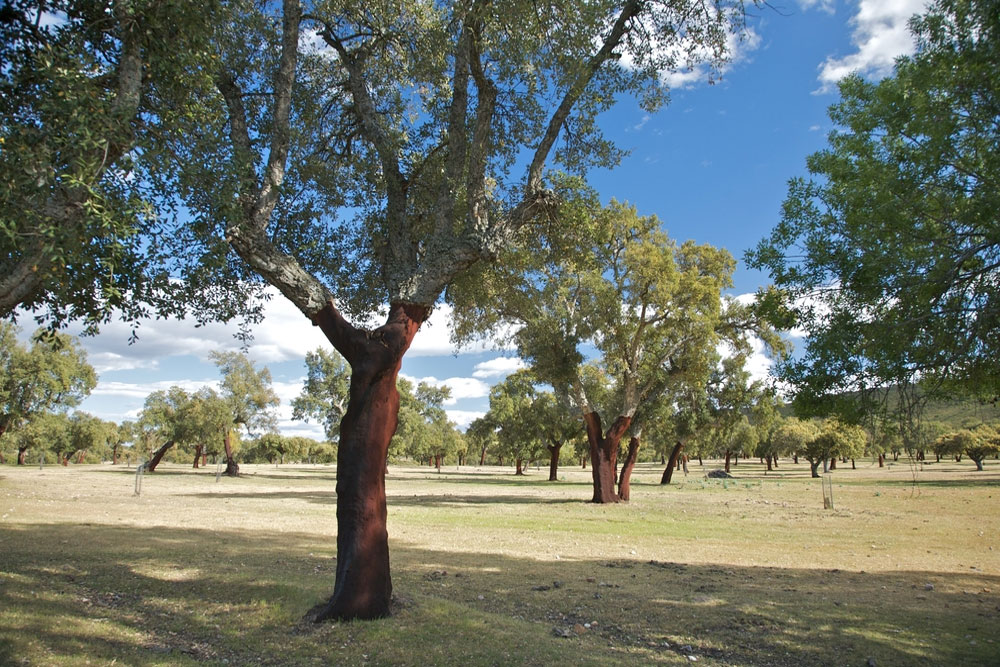
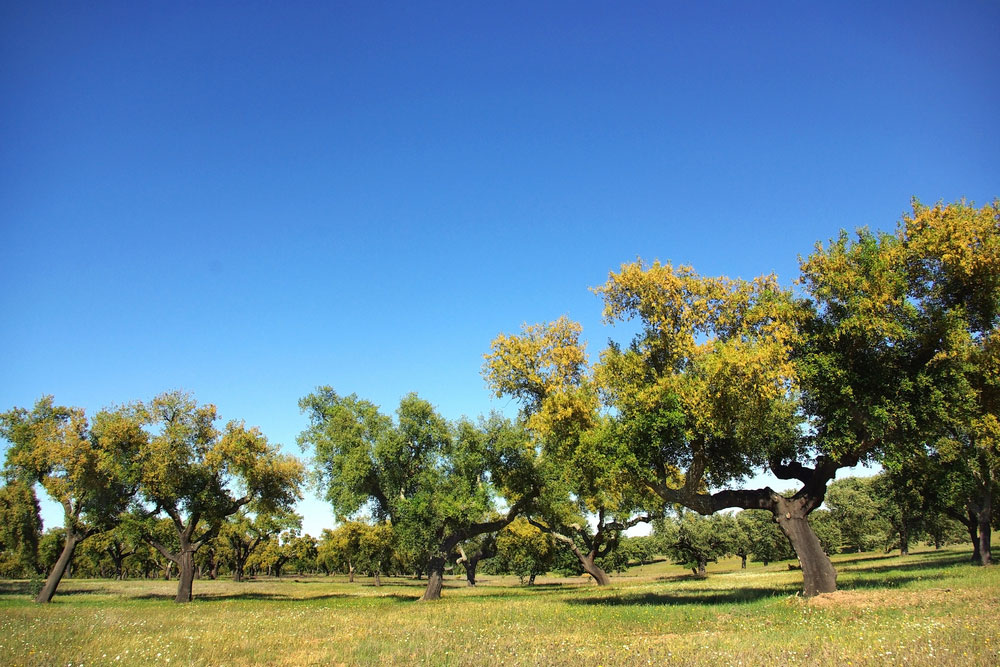
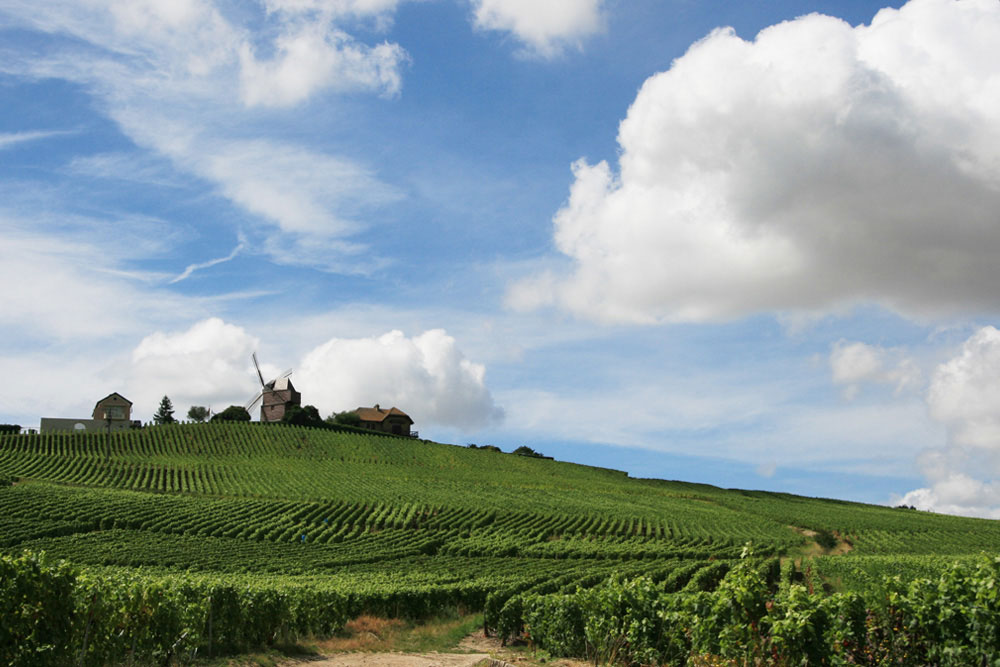
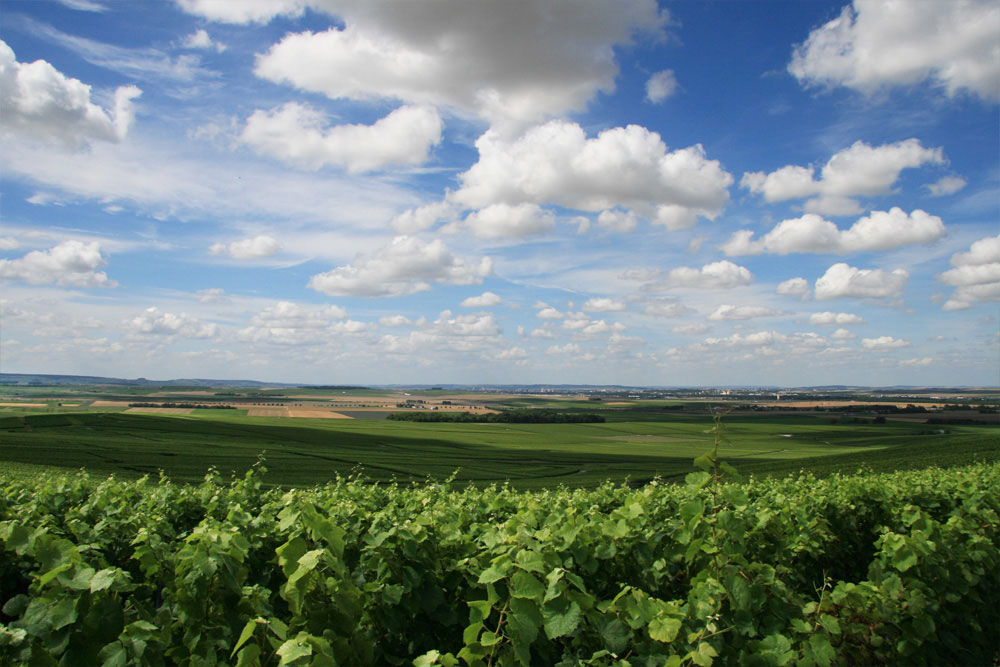
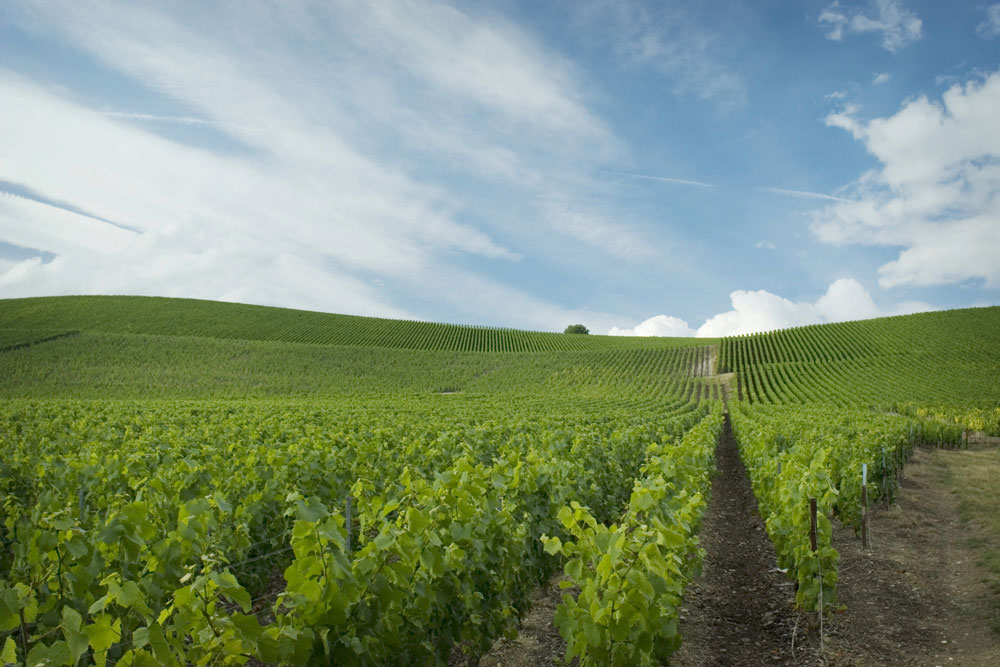
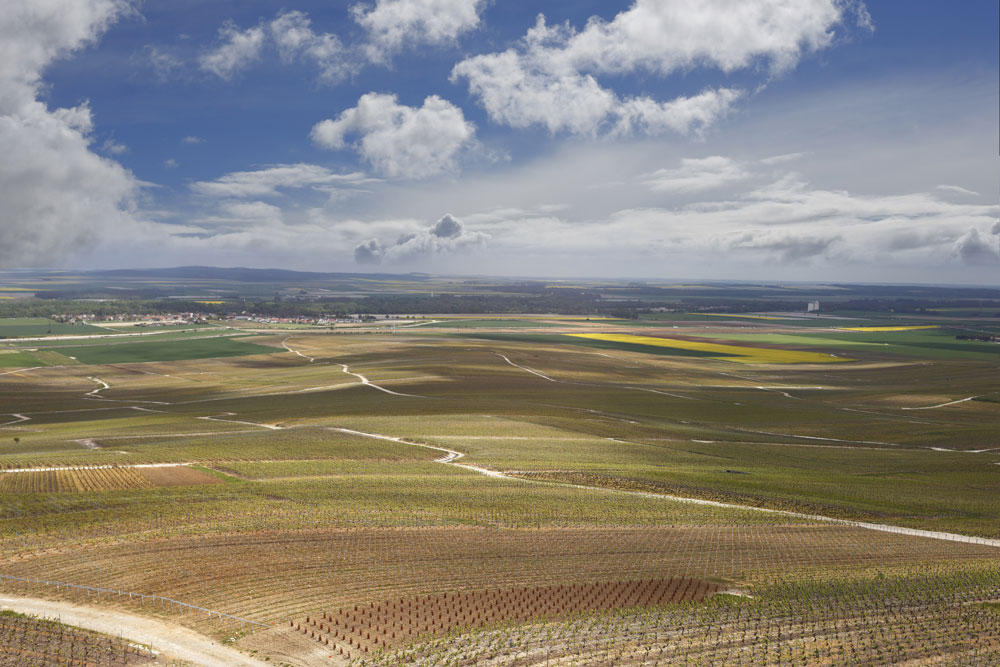

"Cork has been, is and will always be synonymous with sustainability, ecology and respect for the environment."
ENVIRONMENT
Respect for the environment is now at the forefront of our preoccupations, and the cork used for wine and champagne bottling is more than just eco-friendly. The product is recyclable, biodegradable and long lasting. No other product in the wine industry is comparable to cork for stopping bottles.
Impermeable to liquids and gases, with excellent thermal and acoustic insulation, elastic, compressible, highly resistant and almost completely watertight, thereby protecting the wine from oxidation while ensuring the passage of oxygen needed for it to mature well, cork has been greatly appreciated since the beginning of civilisation.
Cork is the bark of the cork oak (Quercus suber), a tree that grows spontaneously in the Western Mediterranean region. Over two million hectares of oak forest stretch over Spain, Portugal, France, Italy, Morocco, Algeria and Tunisia. Cork oaks grow well in low-lying regions (500 to 600 metres maximum), with moderate rainfall and at least one dry month during the year. Soil must be lime-free and not too compact to allow oxygen to circulate.
An oak forest includes a great diversity of plants and types of soil and a wide variety of flora and fauna. It is also home to numerous other activities such as farming and hunting. The cork oak forests are a refuge for hundreds of the most endangered plant and animal species in Spain and Portugal and the whole Mediterranean region. In a cork oak forest the size of about one fifth of a football pitch, you can find some 135 different plant species.
Sagrera takes great responsibility for the protection of these forests which play a major role in protecting the environment, as they help to fix the soil and prevent erosion and desertification, and also help to regulate the water cycle by bringing water to the natural aquifers, preventing climate change and providing a habitat for the fauna.
Also noteworthy is their natural protective role and ability to alleviate the impact of the forest fires that each year drastically reduce the forest area in the Mediterranean region.
Sagrera is involved in recycling and recovering natural corks. We offer to collect our clients’ production waste or their used corks and take them to a special collection centre. This is in line with our policy to control and reduce greenhouse gas emissions.
CARBON footprint
Forest
Persistence of mass : is to ensure the sustainability of the forest for future generations .
Multifunctionality : Bring to reasonably enjoy all the goods and services that the forest provides us.
Comparatives of CO2 emissions
Cork is a sustainable product. The choice of this type of closure is essential in the fight against CO2 emissions. Corks have a CO2 emission of less than any alternative and cork itself acts as a CO2
scavenger.
Cork oaks store CO2 with the aim of regenerating bark. A tree that has been debarked absorbs three times more CO2 than one that has not been.
Sagrera carbon footprint
Our company has a perfect understanding of CO2 emissions for each type of stopper. The differences can be explained by a substantially different manufacturing process according to the kinds of cork stopper.
Actions that contribute
Our company has reduced its water consumption by about 2200 m3 per year. With the burning of the cork dust , we generate nearly 50% of our energy needs.
Sagrera is fully committed to respect for the environment and we have based our philosophy on the eco-friendly management of resources. Efficient use of traditional and also renewable energy is increasingly essential and not only for the energy savings it represents. We also apply eco-friendly criteria in our production processes: responsible waste management, reduced environmental impact, the use of recycled and recyclable materials, etc.
We aim to achieve zero waste in our sustainable development policy, which we apply to our production process through the reuse or sale of the waste generated, mainly in the form of cork dust.
Climate change, caused by greenhouse gas emissions, is one of the factors that endanger the planet. It is obvious that a large part of global warming is human induced: transport, industry, household activity, etc. involving energy consumption and thereby adding to emissions into the atmosphere
Sagrera hopes to contribute to sustainability through actions to measure the carbon footprint in order to identify the sources of greenhouse gas emissions in our production processes and also to define other objectives, adopt more effective policies to reduce emissions and take energy saving initiatives.
It is also important to note that the cork oak trees that provide the source of the raw materials for our business absorb CO2 thanks to the specific nature of their bark. Rational exploitation and the consequent renewal process of the cork add are two more important benefits. An oak tree whose bark is regularly removed produces up to five times more cork than an untreated specimen and has greater potential to fix the carbon dioxide.
Sagrera is involved in recycling and recovering natural corks. We offer to collect our clients’ production waste or their used corks and take them to a special collection centre. This is in line with our policy to control and reduce greenhouse gas emissions.
Sagrera and the world’s cork industry as a whole encourage the use of cork as an eco-friendly product rather than other types of stopper which add to greenhouse gas emissions. Natural cork has negative CO2 emissions and is an ideal element that adds to the sustainability initiatives implemented in the wine industry worldwide.





